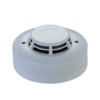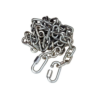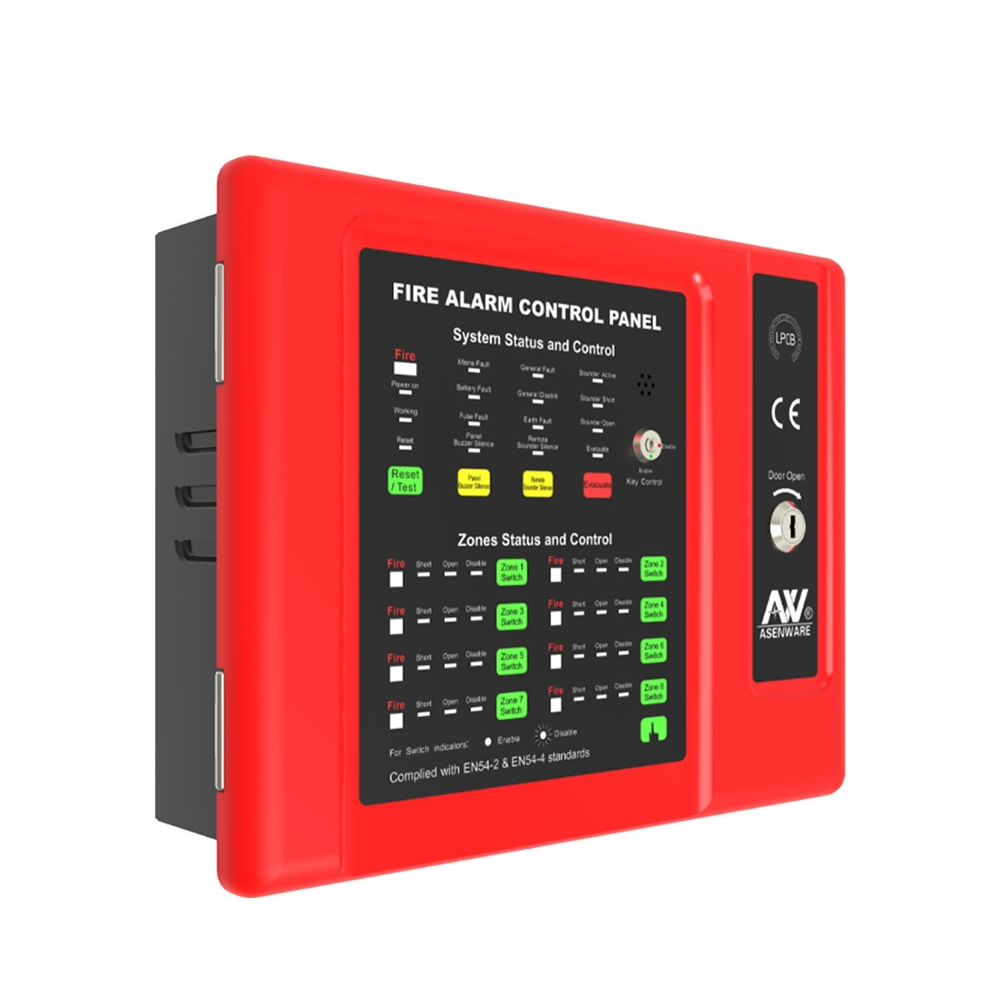🚚 Fast Delivery | ⭐ Best Quality | 📞 24/7 Support
+971 2 552 3918
info@coolwaybm.com
- Power Tools & Machinery
- Fire and Safety Equipement
Fire and Safety Equipement
- Adhesives
- Plumbing & Sanitary
- Packing Materials
Packing Materials
- Abrasives
- Carpentry
- Welding Accessories
Welding Accessories
- Fasteners
- Lock & Furniture Accessories
Lock & Furniture Accessories
- A/C Refrigeration
- Electrical
Electrical
د.إ1.00


د.إ100.00 Original price was: د.إ100.00.د.إ99.00Current price is: د.إ99.00.
You can add any HTML here
We suggest you to create a Saved Template in Dashboard -> Templates -> Saved Templates and use it by switching content type above to Saved template.
A fire panel, also known as a fire alarm control panel (FACP), is a central unit used to control and monitor fire safety systems in a building. It acts as the heart of the fire detection system, receiving signals from various components such as smoke detectors, heat detectors, manual pull stations, and other fire alarm devices. Once a fire or emergency is detected, the fire panel activates alarms, notifies personnel, and often triggers automatic systems like sprinklers or emergency lighting to ensure a swift and organized response.
Fire panels are commonly used in commercial, industrial, and large residential buildings where fire safety requires comprehensive and coordinated management. These panels are designed to provide clear visibility and control over the building’s fire protection systems, allowing operators to assess and respond to an emergency .
The fire panel continuously monitors inputs from detectors and sensors, such as smoke or heat sensors, to identify potential fire hazards.
The panel acts as the central command point for fire safety systems, allowing operators to manage alarms, emergency protocols, and system status.
Upon detecting a fire, the fire panel triggers both audible alarms and visual indicators to alert building occupants. Some panels may also include a visual display showing the location of the detected fire.
Many modern fire panels integrate with other emergency systems, such as sprinklers, emergency lighting, and elevators, to ensure a comprehensive response to a fire.
Operators can manually initiate alarms, trigger emergency systems, or reset the panel from the control unit if necessary.
Fire panels often have diagnosti tools that can indicate the status of each component in the fire detection system, alerting technicians to any faults or malfunctions that need attention.
Fire panels are typically designed to meet local fire codes and building regulations, ensuring that fire alarm systems comply with safety standards.
- Centralized Fire Safety Management: Allows building managers or safety personnel to monitor and control all aspects of the fire safety system from one location.
- Early Warning: When a fire is detected, the fire panel provides an immediate alert, helping to ensure that building occupants can evacuate quickly.
- Integration with Other Safety Systems: Fire panels are often integrated with other building safety systems, such as security alarms, HVAC systems, and elevators, enabling a coordinated emergency response.
- Improved Emergency Response: By providing detailed information on the location and nature of the fire, fire panels assist emergency responders in reaching the affected areas quickly and efficiently.
- Regulatory Compliance: Installing a fire panel helps ensure that the building complies with fire safety codes, which may be required for insurance or regulatory purposes.
In summary, a fire panel is a critical component of any fire safety system, serving as the central hub for detecting, monitoring, and managing fire emergencies. By ensuring that alarms, emergency systems, and safety protocols are activated efficiently, fire panels help protect lives and property in the event of a fire. Their integration with other safety systems and compliance with regulations makes them essential for large buildings and complex facilities where safety management needs to be both organized and effective.
There is £4.99 charge for delivery under £50 Orders. Additional charges will be imposed by our couriers for delivery to remote area, a surcharge may be levied to cover carriage to these areas.
Fire Panel
د.إ1.00
- Central hub for controlling and monitoring fire safety systems.
- Used in commercial and industrial buildings to manage fire alarm systems and other fire-related safety measures.
- Includes a control panel, display, and buttons to trigger emergency protocols.
- Typically made from durable metal or plastic housing with electronic components.
A fire panel, also known as a fire alarm control panel (FACP), is a central unit used to control and monitor fire safety systems in a building. It acts as the heart of the fire detection system, receiving signals from various components such as smoke detectors, heat detectors, manual pull stations, and other fire alarm devices. Once a fire or emergency is detected, the fire panel activates alarms, notifies personnel, and often triggers automatic systems like sprinklers or emergency lighting to ensure a swift and organized response.
Fire panels are commonly used in commercial, industrial, and large residential buildings where fire safety requires comprehensive and coordinated management. These panels are designed to provide clear visibility and control over the building’s fire protection systems, allowing operators to assess and respond to an emergency .
The fire panel continuously monitors inputs from detectors and sensors, such as smoke or heat sensors, to identify potential fire hazards.
The panel acts as the central command point for fire safety systems, allowing operators to manage alarms, emergency protocols, and system status.
Upon detecting a fire, the fire panel triggers both audible alarms and visual indicators to alert building occupants. Some panels may also include a visual display showing the location of the detected fire.
Many modern fire panels integrate with other emergency systems, such as sprinklers, emergency lighting, and elevators, to ensure a comprehensive response to a fire.
Operators can manually initiate alarms, trigger emergency systems, or reset the panel from the control unit if necessary.
Fire panels often have diagnosti tools that can indicate the status of each component in the fire detection system, alerting technicians to any faults or malfunctions that need attention.
Fire panels are typically designed to meet local fire codes and building regulations, ensuring that fire alarm systems comply with safety standards.
- Centralized Fire Safety Management: Allows building managers or safety personnel to monitor and control all aspects of the fire safety system from one location.
- Early Warning: When a fire is detected, the fire panel provides an immediate alert, helping to ensure that building occupants can evacuate quickly.
- Integration with Other Safety Systems: Fire panels are often integrated with other building safety systems, such as security alarms, HVAC systems, and elevators, enabling a coordinated emergency response.
- Improved Emergency Response: By providing detailed information on the location and nature of the fire, fire panels assist emergency responders in reaching the affected areas quickly and efficiently.
- Regulatory Compliance: Installing a fire panel helps ensure that the building complies with fire safety codes, which may be required for insurance or regulatory purposes.
In summary, a fire panel is a critical component of any fire safety system, serving as the central hub for detecting, monitoring, and managing fire emergencies. By ensuring that alarms, emergency systems, and safety protocols are activated efficiently, fire panels help protect lives and property in the event of a fire. Their integration with other safety systems and compliance with regulations makes them essential for large buildings and complex facilities where safety management needs to be both organized and effective.
There is £4.99 charge for delivery under £50 Orders. Additional charges will be imposed by our couriers for delivery to remote area, a surcharge may be levied to cover carriage to these areas.
Reviews
There are no reviews yet.
Buy more save more!
Buy from 2 to 4 items and get 10% OFF
on each productBuy from 5 to 8 items and get 15% OFF
on each product- Free shipping on all orders above 50,00
- No hassle returns, 30 days return
- Next day delivery within your country










Reviews
There are no reviews yet.